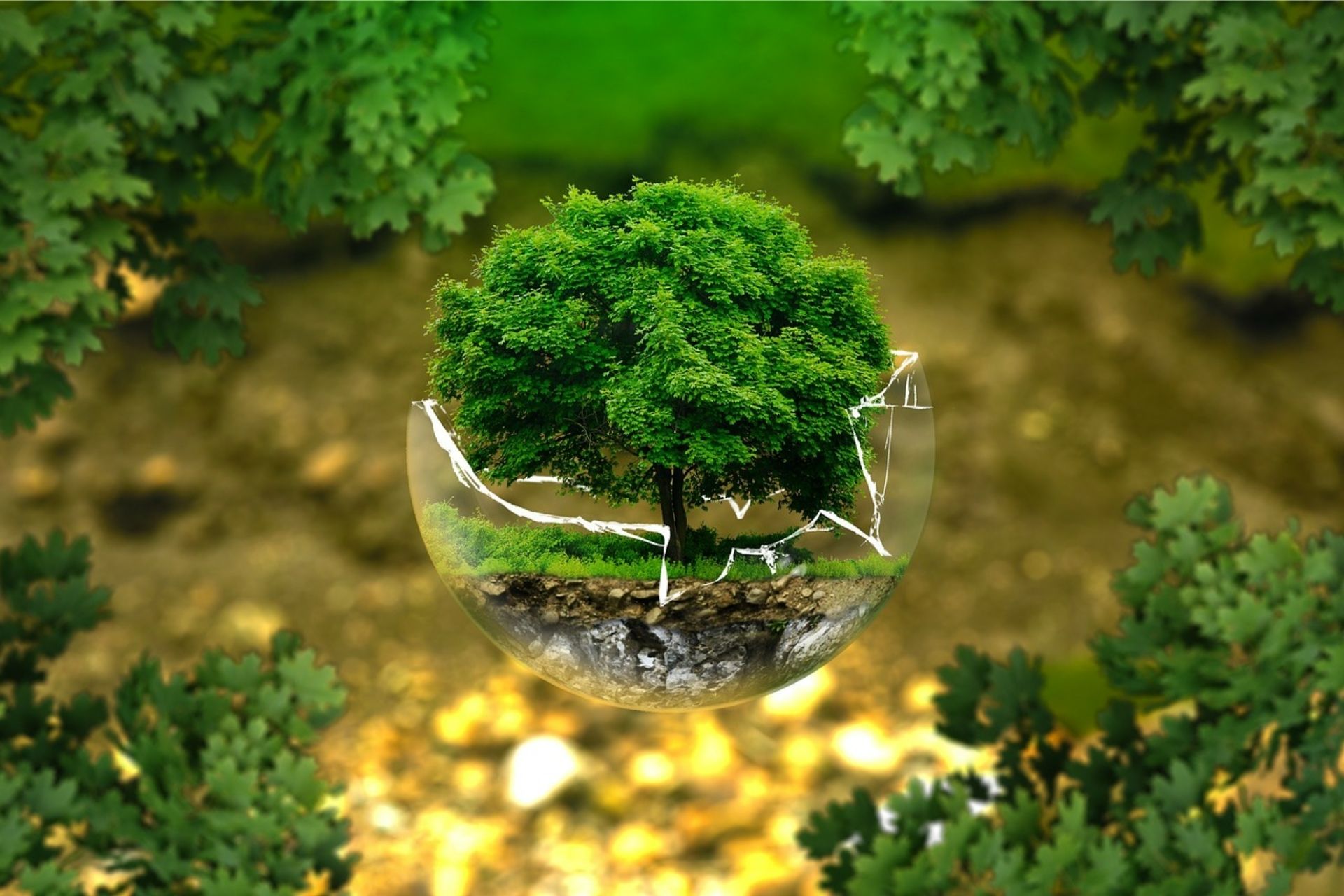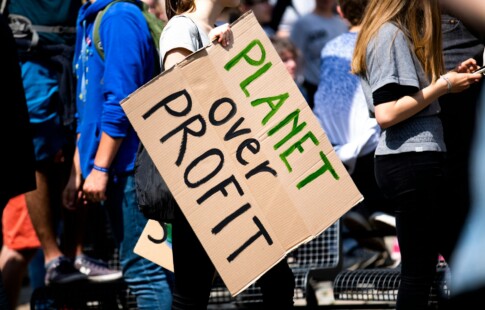
What is Sustainability?
We are reader-supported. When you buy through links on our site, we may earn affiliate commission.
When you hear about microplastics in the ocean, heightened drought periods or endangered species, you may ask yourself, “What will remain of Earth for my grandchildren?” Many individuals ask this question, leading them to take responsibility for their actions. Recently, the rise of the eco-conscious movement made it possible for humanity to lead low-impact lifestyles.
If you invest in shrinking your carbon footprint or you read environmental news, you may be familiar with the term ‘sustainability.’ The word derived out of its modern ecological context, signifying the maintenance of something. Now, society is most familiar with its environmental implications.
What is Environmental Sustainability?
When it comes to the planet, we hope to preserve the resources necessary for global ecological survival. If we lack the maintenance of the atmosphere, droughts will continue to increase in frequency. As certain regions dry out, forest fires will spread quickly, devastating natural habitats and other resources. The first step to understanding environmental sustainability is recognizing that all of our actions have consequences.
Environmental sustainability signifies one’s ability to meet their present needs without compromising a future generation’s access to those same resources. In America, capitalism places some limitations on our ability to transition to sustainable lifestyles seamlessly. When evaluating environmentally conserving solutions to depleting actions, we must consider social equity, economic vitality and all species’ health.
With those three aspects in mind, one may evaluate a systems approach to adopting sustainable practices. As a general rule, individuals and businesses can perceive all resources as finite and use them wisely. When we observe the world in this manner, we can limit the environmental impact of our actions.
Sustainable Practices
As we charge our smartphones, drive our cars, heat our homes, illuminate our bedrooms, cook our food and more, we contribute to greenhouse gas emissions. The extraction of fossil fuels and the release of air pollutants significantly compromise the future generation’s ability to lead a natural life. As we promote these environmentally degrading practices, we contribute to the depletion of natural resources.
When air pollutants invade the atmosphere, they contribute to the greenhouse effect. The effect is the planet’s natural process of maintaining a life-sufficient temperature by harnessing the sun’s energy for heat. Greenhouse gases efficiently convert radiation into warmth and retain it for extended periods.
As we engage in air polluting activities, these gases convert sunlight into heat faster than they release it. Over time, this process causes the global temperature to rise. When the planet retains heat for decades or centuries, weather patterns change and alter the global ecosystem.
Fortunately, scientists discovered ways to reduce harmful emissions while maintaining modern lifestyle practices. A sustainable alternative to fueling energy-reliant activities with fossil fuels is using renewable energy. Renewable power utilizes non-depletable resources, like sunlight and the wind.
To engage in sustainable practices, you can power your life through solar or wind energy. Investing in an electric car or a solar panel can significantly decrease the environmental impact of your actions. You can also engage in alternative forms of transportation to further increase the sustainability of your lifestyle. Rather than driving everywhere, you could walk, bike or skate to eliminate your direct greenhouse gas emissions.
Your diet also contributes to your interference with natural resources. Animal products like beef contribute high quantities of methane into the atmosphere, a powerfully heat-absorbing greenhouse gas. Consuming a low meat organic diet can further increase the sustainability of your lifestyle.
Sustainable Products
To sustain the economy, we must create and purchase environmentally friendly goods. When evaluating the sustainability of products, you should consider the materials they are made of, the processes used in their development and how far they traveled. These elements will show a consumer whether the goods or services are eco-conscious.
You can also look out for specific certifications when purchasing eco-friendly products to verify their authenticity. The Forest Stewardship Council (FSC) label tells consumers that the company responsibly produced the goods with little to no environmental impact.
As an eco-conscious consumer, you can ensure the sustainability of your purchases when you shop at second hand stores. Thrifting requires no additional resource exploitation in the production of your purchase, and it eliminates waste. Shopping locally also decreases the environmental impact of consumption because it limits the emissions released through transportation.
How to Improve Your Sustainability
If you are new to the world of sustainability, you can take many small steps to decrease the environmental impact of your actions. You can start as small as eliminating your consumption of meat on Mondays or as large as installing solar panels on your roof. One of the easiest ways to improve the sustainability of your lifestyle is to walk more and drive less.
You can also decrease your greenhouse gas emissions and contribution to pesticide pollution by growing your fog. Installing a home garden can limit the air pollution associated with your produce by 65% annually. When you rely on human power, you can improve the sustainability of your practices.
We Can Work Together
In a world driven by fossil fuels, it may seem challenging to adopt a sustainable lifestyle. As environmental science and engineering advances, we will have more access to eco-friendly goods, services and energy. Until we reach this point in evolution, we can work together to practice ecological conservation by making mindful choices as consumers.
Share on
Like what you read? Join other Environment.co readers!
Get the latest updates on our planet by subscribing to the Environment.co newsletter!
About the author

Jane Marsh
Starting from an early age, Jane Marsh loved all animals and became a budding environmentalist. Now, Jane works as the Editor-in-Chief of Environment.co where she covers topics related to climate policy, renewable energy, the food industry, and more.





